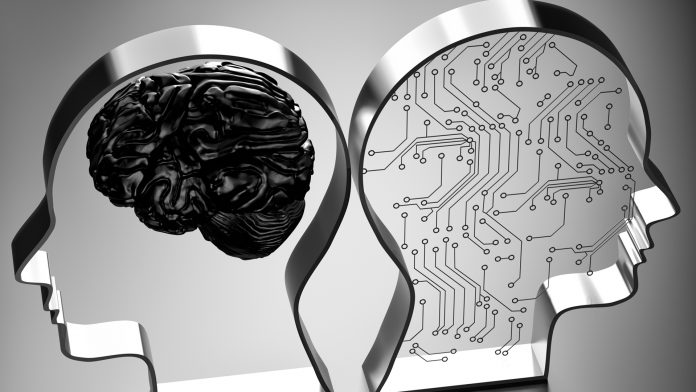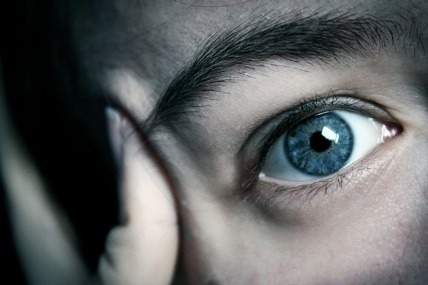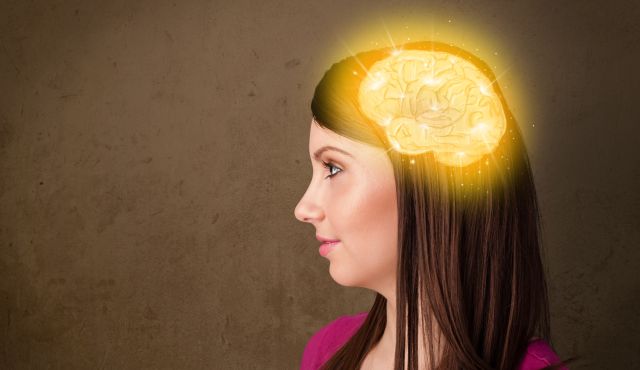Posts Tagged ‘depression-treatment’
Machine-learning study finds EEG brain signatures that predict response to antidepressant treatments
– Brain-wave pattern can identify people likely to respond to antidepressant, study finds (Stanford Medicine press release): “A new method of interpreting brain activity could potentially be used in clinics to help determine the best treatment options for depression, according to a study led by researchers at the Stanford School of Medicine. Stanford researchers and…
Read MoreCognitive Training or Gingko Biloba to prevent cognitive decline and dementia? New comprehensive report by the National Academies of Sciences, Engineering, and Medicine clarifies priorities for public health and for future research
Evidence Supporting Three Interventions That Might Slow Cognitive Decline and the Onset of Dementia Is Encouraging but Insufficient to Justify a Public Health Campaign Focused on Their Adoption (National Academies of Sciences, Engineering, and Medicine): “Cognitive training, blood pressure management for people with hypertension, and increased physical activity all show modest but inconclusive evidence that…
Read MoreStudy: Cognitive Behavioral Therapy helps treat depression–especially among women–but benefits are declining steadily
. Researchers have found that CBT is roughly half as effective in treating depression as it used to be (The Guardian): “Everybody loves cognitive behavioural therapy. It’s the no-nonsense, quick and relatively cheap approach to mental suffering…So it was unsettling to learn, from a paper in the journal Psychological Bulletin, that it seems to be…
Read MoreTranscranial Direct Current Stimulation (tDCS) as depression treatment: much promise, some DIY risks
Around 350 million people worldwide have depression. Antidepressant medications are often prescribed to treat the condition, alongside talking therapies and lifestyle changes such as regular exercise. But a substantial proportion of people either don’t respond to antidepressants, or experience such significant side effects that they’d prefer not to take them. In search of
Read MoreTraining our brains’ executive control to reduce rumination and improve mood
Israeli computer ‘game’ teaches brain to be happier (Haaretz): “There are people who think dwelling on their emotions is helpful, viewing it as a kind of wrestling match with their inner demons. But according to psychologists, it’s
Read More10 Predictions on How Digital Platforms will Transform Brain Health in 2013
Just a quick note: we’ll host a webinar on January 30th to discuss key market predictions based on “The Digital Brain Health Market 2012–2020: Web-based, mobile and biometrics-based technology to assess, monitor and enhance cognition and brain functioning”, our new market report. Here are 10 predictions, many of which will likely be realized before the…
Read More




